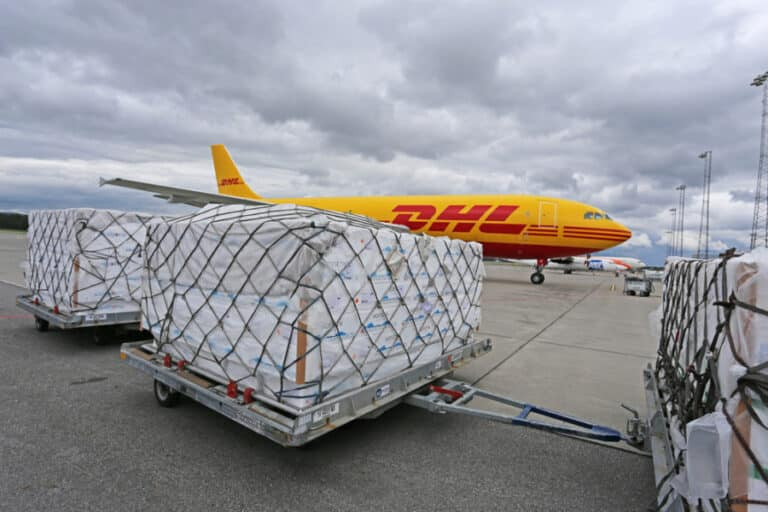While barriers to trade affect most firms, overcoming recent EU challenges has led some to expand into new markets, a survey from the British Chambers of Commerce (BCC) and DHL Express has highlighted.
The survey of almost 1,000 UK businesses – 92% SMEs – shows almost half (48%) said the top barriers to exporting were costs and disruption, alongside tariffs (48%), and customs procedures (47%). A further 41% of businesses said regulatory issues such as product certification were a hindrance to trade, and 37% cited political, social, economic or environmental uncertainty.
Only 9% of firms surveyed said their business does not face any barriers to exporting.
The lack of engagement amongst businesses with Free Trade Agreements (FTAs) is another stumbling block preventing more international sales. Four out of five firms (79%) had not carried out any assessment into what they may need from a trade deal with major international markets. This falls slightly to 69% for UK exporters.
However, businesses want their trading journey to be straightforward and allow them access to new markets with ease and speed. More than half (54%) of respondents said ‘smoother customs procedures’ would be a top priority for future trade deals between the UK and other countries, followed by ‘lowering tariffs’ (42%) and ‘reducing technical barriers’ (35%).
When it comes to trading with the EU, almost two thirds (61%) of UK exporters to the EU say they can meet the requirements of the UK-EU Trade and Cooperation Agreement (TCA), while 20% say they can’t.
Read more: DHL’s new Trade Growth Atlas shows global trade has stayed strong amid shocks
But overcoming the challenges presented by the TCA has offered growth opportunities in new markets for some businesses.
Of the exporters to the EU that agree they can satisfy the TCA requirements, 9% say they are now trading with new non-EU markets as a result of this, and a further 9% say they will now consider doing so in future. This highlights the opportunities that trade presents for businesses, especially those who show resilience in the face of challenges.
“Our findings highlight the real priorities traders have for UK trade negotiations with partners across the world, and other trade policy developments. Faster customs processes, tariff reductions, removing technical barriers to trade, focused support for SMEs’ easier labour mobility, and mutual recognition of professional qualifications are the top six issues for the UK’s SME exporters,” William Bain, head of trade policy at the BCC, said.
Read more: All-electric plane Alice takes off on its maiden flight
“For traders exporting to the EU, speed, efficiency and reduced hassle are even more to the forefront of their minds. The BCC has a plan to cut red tape on UK-EU goods movements. We also have ambitions to boost UK exports across our key global markets through new Single Trade Window developments and trade negotiations,” he added
“While there are challenges currently facing exporting businesses, there are also of course many opportunities. It’s crucial that in the coming years, SME exporters working with trusted logistics partners feel the significant benefits of global trade as we hopefully see the removal of barriers and the opening up of new international markets,” Bain stated.
“Businesses have been through enormous challenges over the last two years, but they have shown incredible resilience. During times of economic uncertainty, having a presence in a number of markets is an effective way to minimise risk, so we need to ensure that UK businesses are encouraged to keep looking for international trade opportunities,” Ian Wilson, CEO, DHL Express UK, said.
“While international trade can be challenging, businesses don’t have to go it alone. We can see from the research that most businesses aren’t aware of what FTAs could mean for them. It’s in everyone’s interest for them to succeed overseas, so we want exporters to feel empowered to talk to Government, their trade bodies and businesses like ours about what support they need,” Wilson stated.




